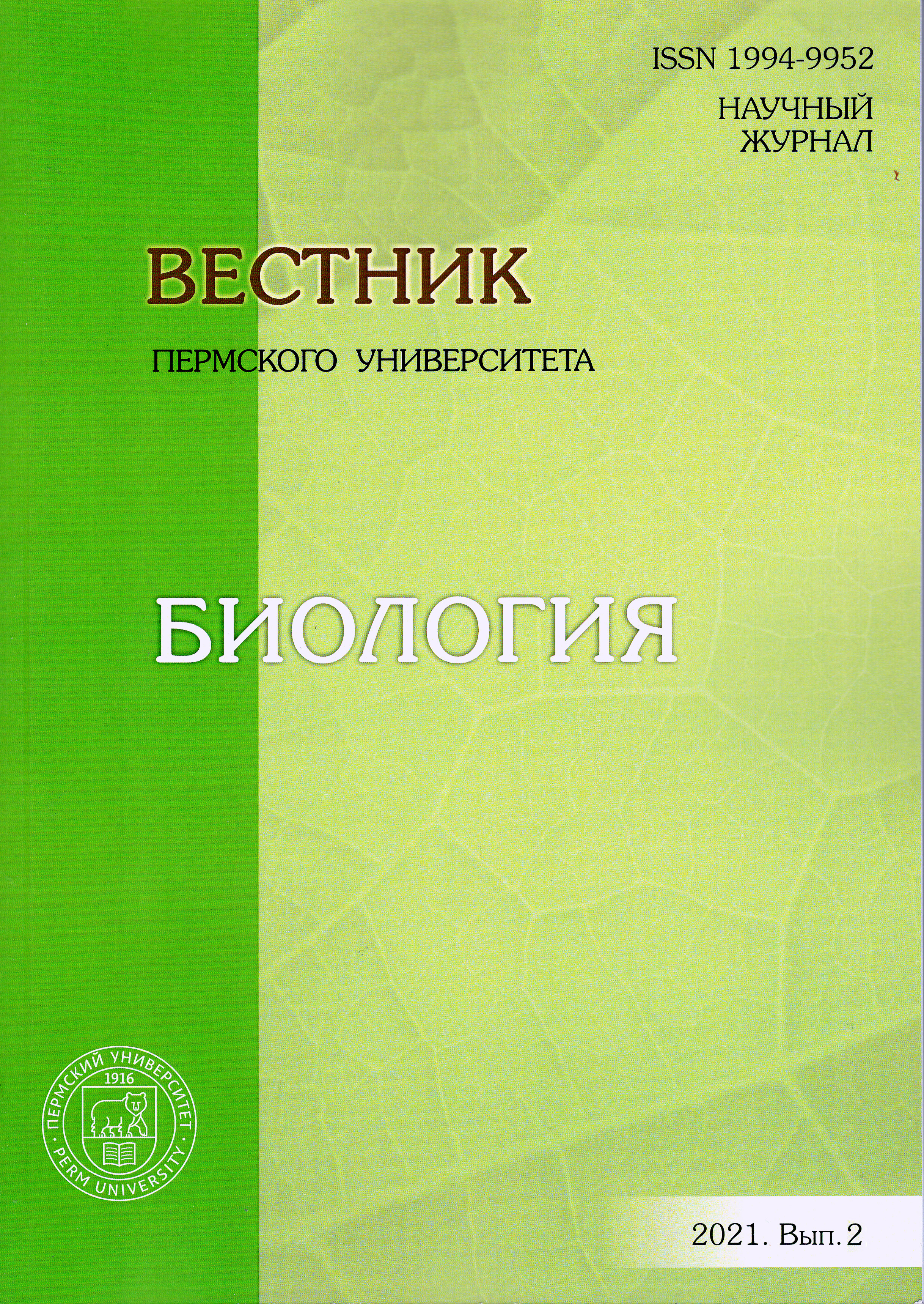Systemic inflammation in HIV/HCV coinfected patients with discordant response to antiretroviral therapy
Main Article Content
Abstract
Article Details
References
Жердева А.И. и др. Клинико-эпидемиологическая характеристика ВИЧ-инфекции в Хабаровском крае: хронические вирусные гепатиты, туберкулез и другие оппортунистические заболевания // Дальневосточный журнал инфекционной патологии. 2008. № 12. С. 87‒94.
Саттарова Г.Ж. Исследования ВИЧ положительных сывороток на наличие маркеров гепатита В и С // Наука и новые технологии. 2014. № 3. С. 84‒85.
Шмагель Н.Г., Шмагель К.В., Черешнев В.А. Клинические аспекты неэффективности высокоактивной антиретровирусной терапии // Инфекционные болезни. 2011. Т. 9, № 1. С. 5‒10.
Autran B. et al. Restoration of the immune system with anti-retroviral therapy // Immunology Letters. 1999. Vol. 66. P. 207‒211.
Borges A.H. et al. Predicting risk of cancer during HIV infection: the role of inflammatory and coagulation biomarkers // AIDS. 2013. Vol. 27. P. 1433‒1441.
Brenchley J.M. et al. Microbial translocation is a cause of systemic immune activation in chronic HIV infection // Nature medicine. 2006. Vol. 12. P. 1365‒1371.
Chen T.Y. et al. Meta-analysis: increased mortality associated with hepatitis C in HIV-infected persons is unrelated to HIV disease progression // Clinical Infectious Diseases. 2009. Vol. 49. P. 1605‒1615.
Commins S.P., Borish L., Steinke J.W. Immunologic messenger molecules: cytokines, interferons, and chemokines // Journal of Allergy and Clinical Im-munology. 2010. Vol. 125. P. S53‒72.
de Oca Arjona M.M. et al. Bacterial translocation in HIV-infected patients with HCV cirrhosis: implication in hemodynamic alterations and mortality // Journal of Acquired Immune Deficiency Syndrome. 2011. Vol. 56. P. 420‒427.
Duprez D.A. et al. Inflammation, coagulation and car-diovascular disease in HIV-infected individuals // PLoS One. 2012. Vol. 7. P. e44454.
Gutierrez F. et al. Patients' characteristics and clinical implications of suboptimal CD4 T-cell gains after 1 year of successful antiretroviral therapy // Cur-rent HIV Research. 2008. Vol. 6. P. 100‒107.
Hammerich L., Tacke F. Interleukins in chronic liver disease: lessons learned from experimental mouse models // Clinical and Experimental Gastroenterol-ogy. 2014. Vol. 7. P. 297‒306.
Martinez-Esparza M. et al. Inflammatory status in human hepatic cirrhosis // World Journal of Gastroenterology. 2015. Vol. 21. P. 11522‒11541.
Netea M.G. et al. A guiding map for inflammation // Nature Immunology. 2017. Vol. 18. P. 826‒831.
Raffetti E. et al. Systemic inflammation-based scores and mortality for all causes in HIV-infected patients: a MASTER cohort study // BMC Infectious Diseases. 2017. Vol. 17. P. 193.
Tenorio A.R. et al. Soluble markers of inflammation and coagulation but not T-cell activation predict non-AIDS-defining morbid events during suppres-sive antiretroviral treatment // The Journal of Infectious Diseases. 2014. Vol. 210. P. 1248‒1259.
Tien P.C. et al. Inflammation and mortality in HIV-infected adults: analysis of the FRAM study cohort // Journal of Acquired Immune Deficiency Syndromes. 2010. Vol. 55. P. 316‒322.




